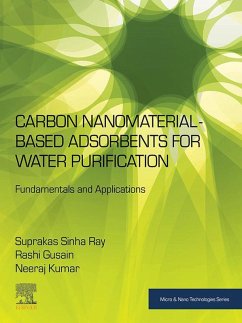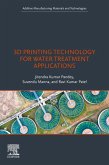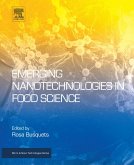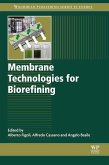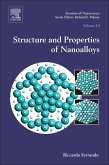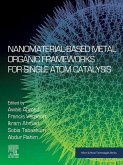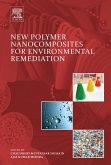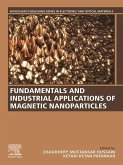This book provides a thorough overview of the state of the art in carbon nanomaterials as they are used for adsorption applications in water purifications, as well as addressing their toxicological challenges. This volume primarily explores the fundamentals of adsorption, its mechanical aspects, synthesis and properties of CNMs, and adsorption performances of CNMs and their nanocomposites with organic and inorganic materials. Structural engineering and activation processes produce materials with enhanced adsorptive properties and separation efficiencies. Furthermore, the formation of CNMs with 2D and 3D macro-and microstructures and high porosities is a potential approach to improve adsorption performances and extend CNM use at the industrial level. The book also addresses important issues regarding these adsorbents that potentially affect future research and industrial applications of carbon-based nanoadsorbents in water security.
- Presents advances in multifunctional 3D superstructures of carbon nanomaterials and their composites for adsorption applications
- Outlines the fundamentals on synthesis and characterization techniques of carbon-based nanostructures and their composites
- Assesses the major toxicological challenges in using nanostructured materials as adsorbents for water purification
Dieser Download kann aus rechtlichen Gründen nur mit Rechnungsadresse in A, B, BG, CY, CZ, D, DK, EW, E, FIN, F, GR, HR, H, IRL, I, LT, L, LR, M, NL, PL, P, R, S, SLO, SK ausgeliefert werden.

